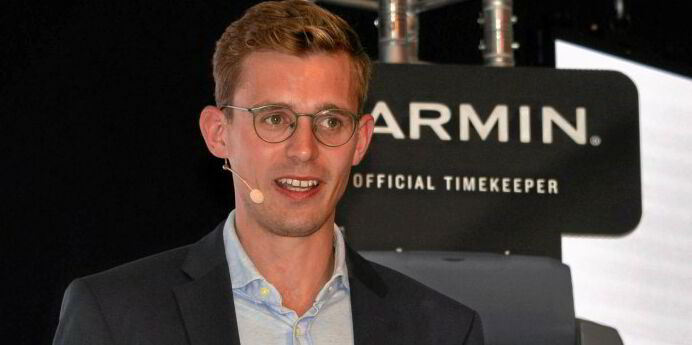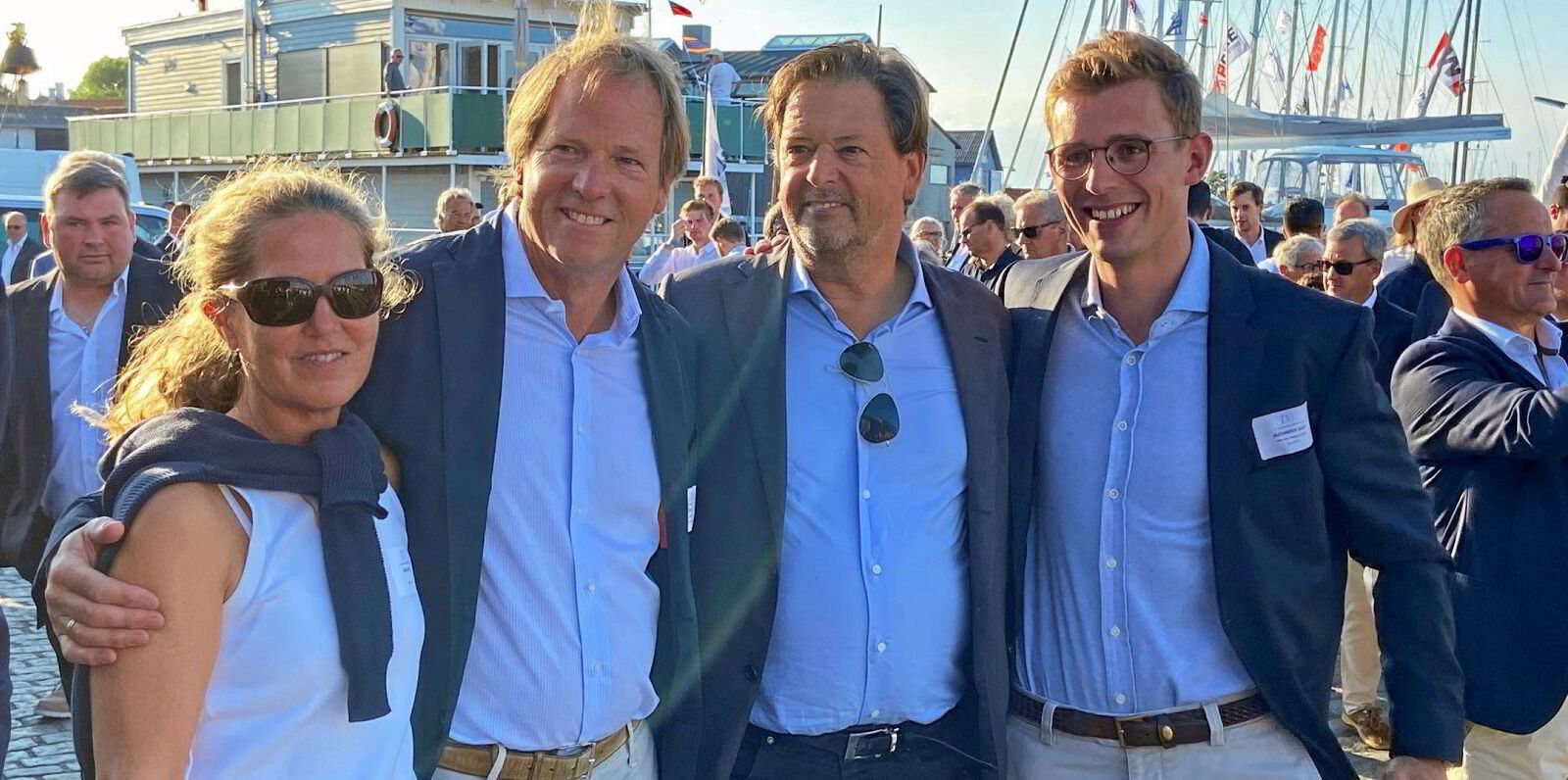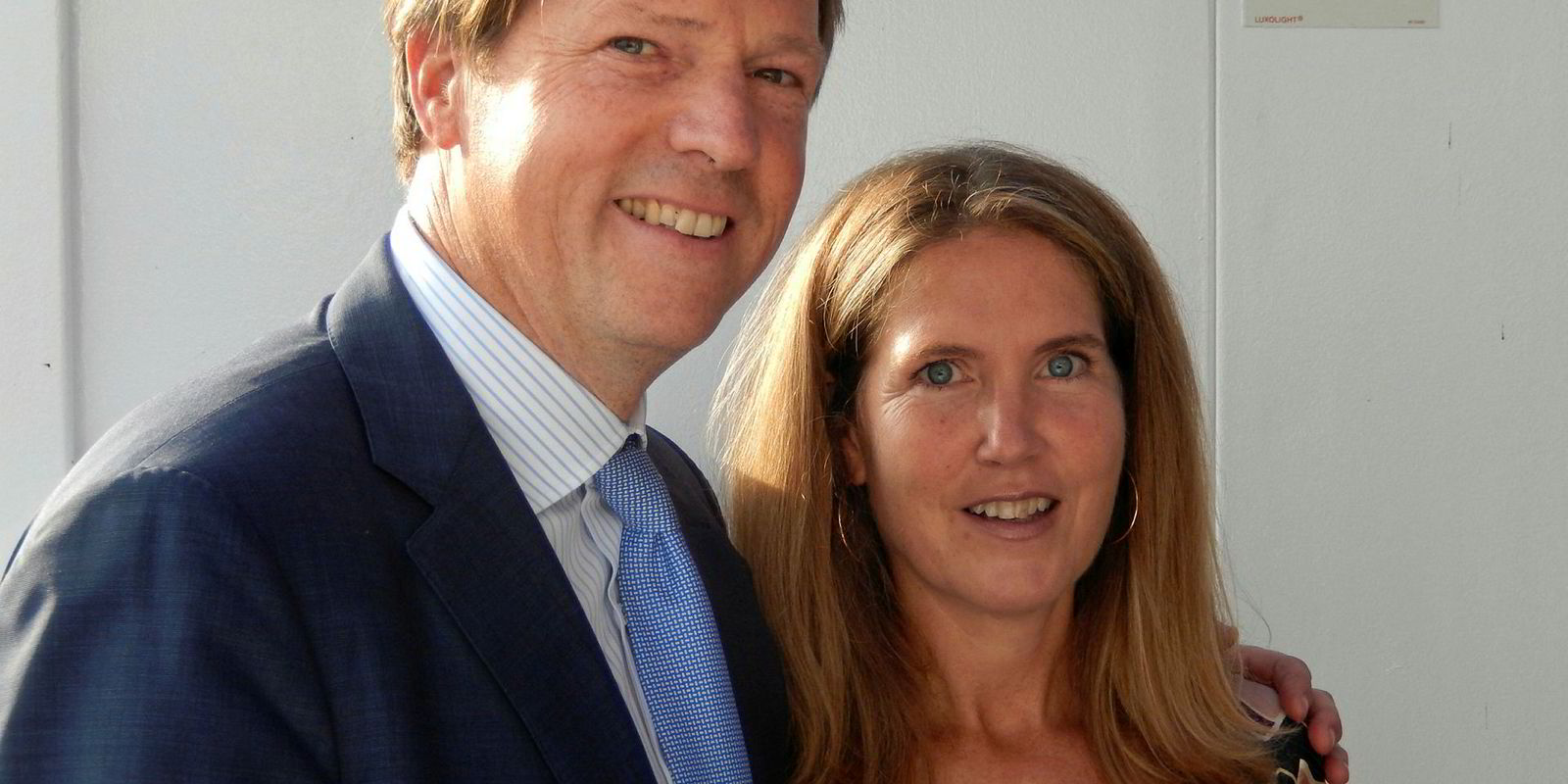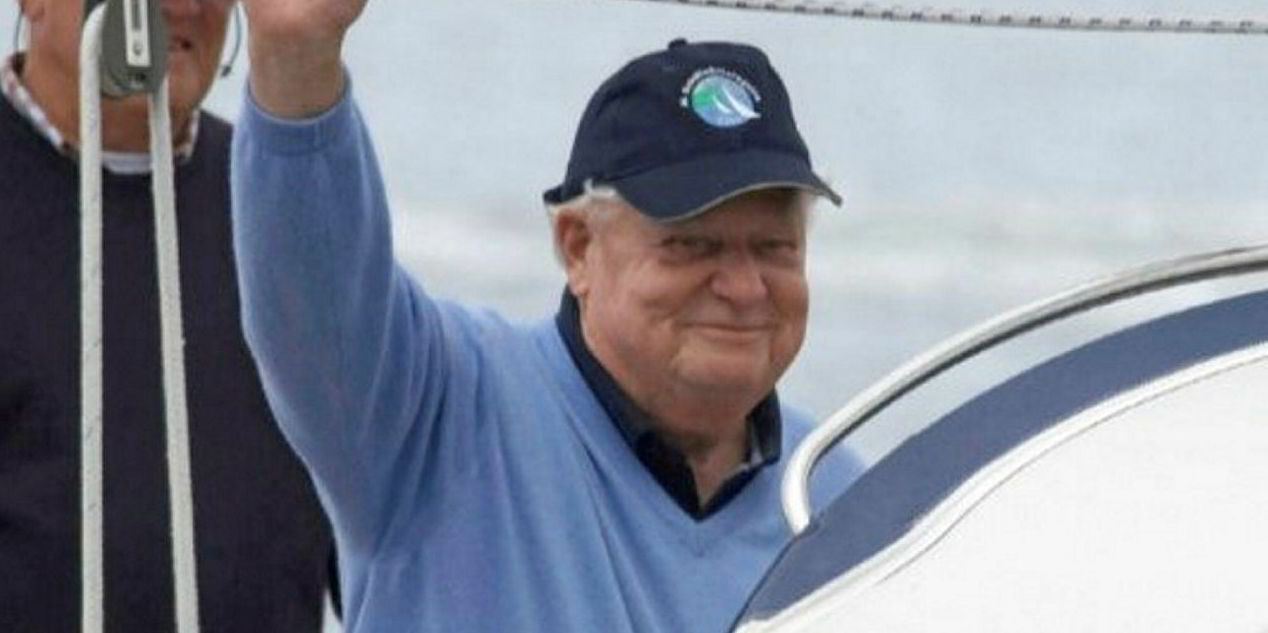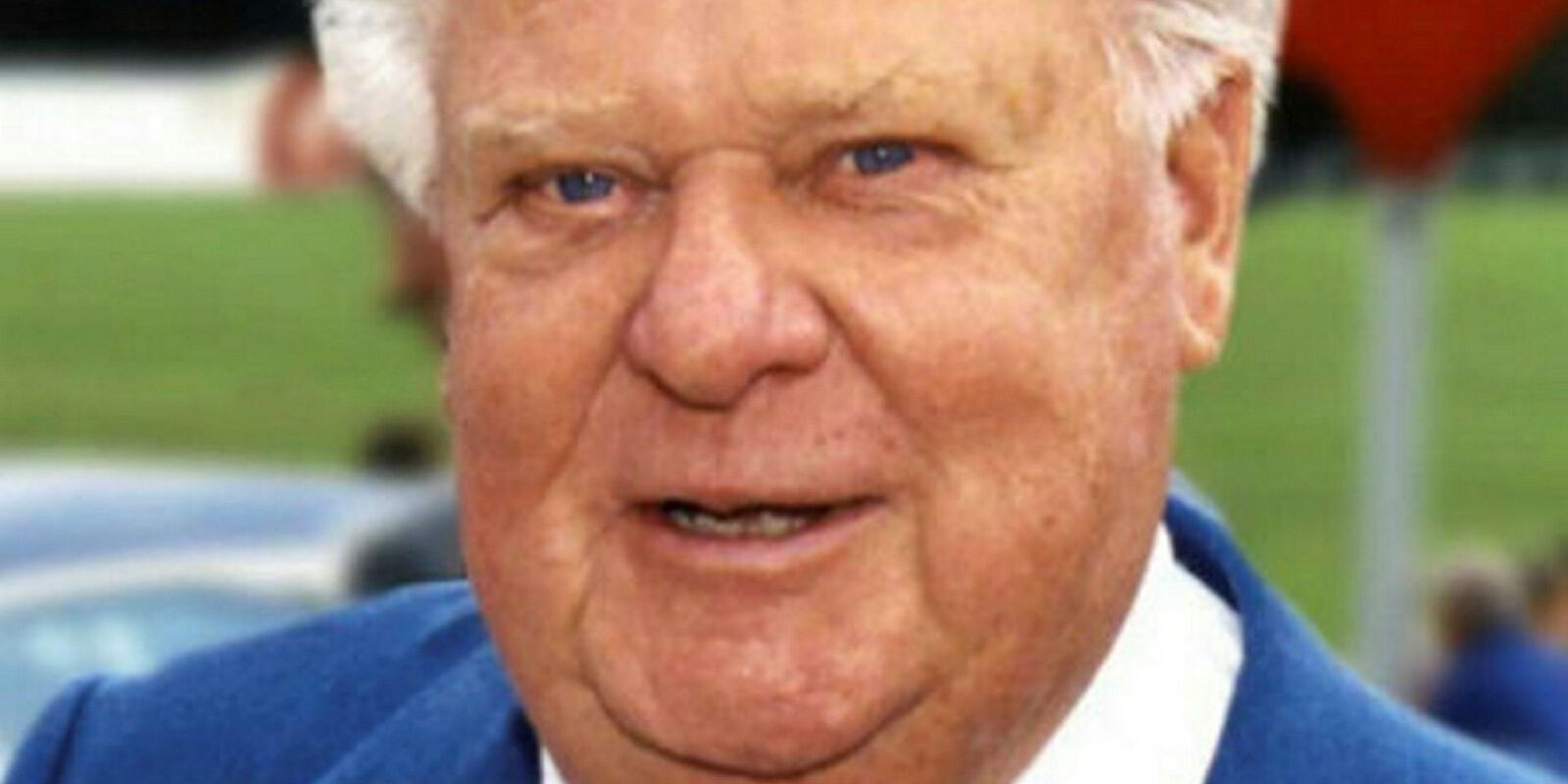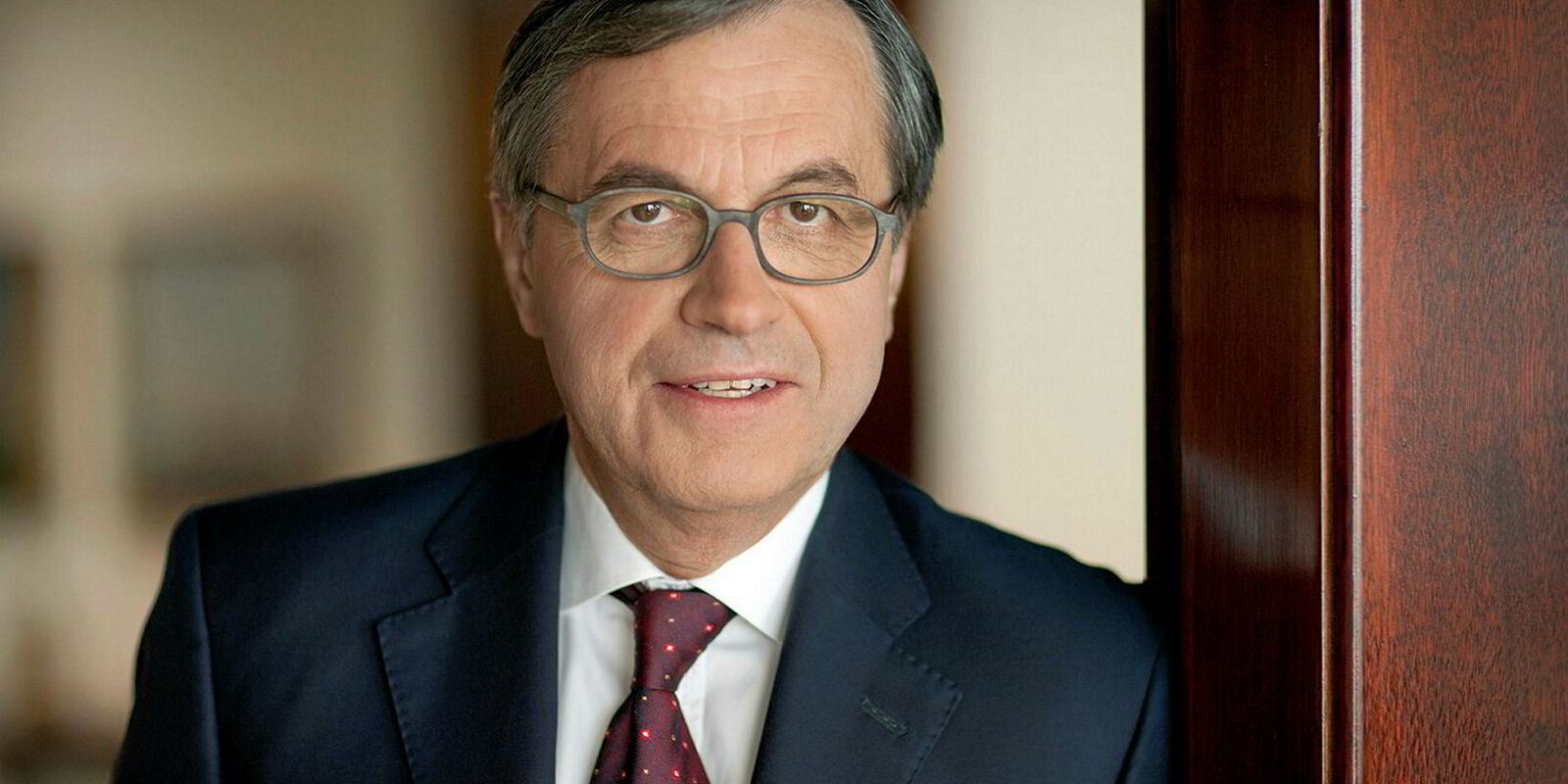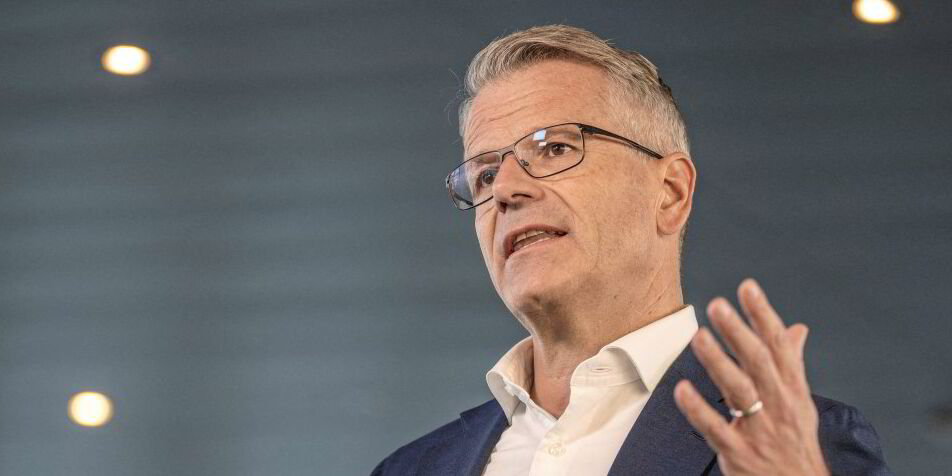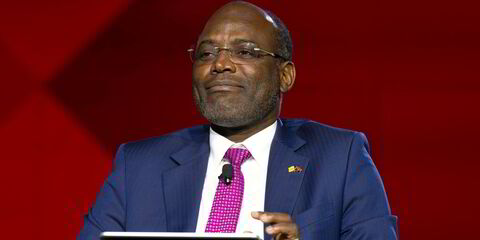Sitting at a table outside a plush Italian restaurant on Hamburg’s inner-city boulevard Ballindamm, Alexander Gast tells a story about the respected German shipbroker Peter Gast.
Fifty years ago, the founder of brokerage Peter Gast Shipping took a trip to China to bring newbuilding orders from Chinese shipowners back to shipyards in Germany.
Having seen the facilities on offer, Gast reversed course and instead engineered the first newbuildings ever placed by German shipowners in China.
Today, Peter Gast Shipping is still known for its strength in the Chinese market, for newbuildings and ship repair, the two core pillars of its business.
Alexander Gast joined the company this spring, switching from German container giant Hapag-Lloyd, where he took his master’s ticket before becoming a project manager.
While the path from Hapag-Lloyd’s regal Hamburg headquarters to Peter Gast Shipping’s Hamburg office is just 110 metres along Ballindamm, Alexander’s route into the family business has been anything but linear.
His first experience with Peter Gast Shipping, today run by his uncles, Christian and Dieter Gast, came as a 15-year-old during a short internship.
“I was unsure if I wanted to follow this path,” Gast told TradeWinds. “At 15, who knows what to do then, right?”
A second internship arrived three years later, when Peter Gast’s long-term right-hand man, Hans-Joachim Lemcke, arranged for Alexander to spend some time at sea.
His first encounter with life on board a ship had a purpose. The 18-year-old wanted to get to Ecuador, where his girlfriend at the time was living.
Alexander explained: “I had not so much money to go there. And then I was talking to ‘Hajo’, and he said, ‘Alex, how do you get there?’ I said, ‘By plane, how else shall I get to South America?’”
Lemcke’s suggestion was to join a vessel and get some training to learn about the shipping industry.
“Five or six weeks later, I joined a reefer ship,” Alexander said. “First, we travelled to the east coast of South America, the Caribbean Sea and then the west coast, and finally dropped me in Ecuador. This is how I started in shipping.”
After university, Gast went to sea on a container vessel for several years, following the path to becoming an officer.
He got a break when he was accepted into the Hapag-Lloyd training scheme, given its policy was only to take people who had started with the company.
Having progressed through the ranks and secured his master’s ticket, Alexander spent much time at sea during the pandemic. As a result, he was asked to lead the container line’s live position project, allowing customers to track containers at sea in real time.
During this time working onshore in Hamburg, discussions began with his uncles. As Alexander put it, “some ideas were drafted” and the idea of working with the family brokerage sounded interesting.
“Then I followed my heart,” he said, noting he had just completed his first 100 days with the company. “It’s a lot of fun. It is hard work and long days but, overall, interesting and exciting.
“I’m happy that I took, let’s call it, a little bit of risk leaving my career in a large company and joining a rather small company, even though it’s a family company. It’s something really different. But, so far, I don’t regret it.”
Alexander noted that one of the major differences between working with a smaller firm rather than a major corporation, such as Hapag-Lloyd, is the level of involvement in different areas.
“At a corporate, you’re always focused on one job,” he said. “In small companies, you do all jobs.”
His main focus at Peter Gast Shipping has been leading the ship repair and conversion department. This involves working on and developing relationships with shipyards and helping clients with retrofitting projects and future fuel choices.
He is also involved in newbuildings and was the co-organiser, along with Lemcke, of the company’s famous shipowners regatta this year.
The event was held in late August at Aeroskobing in Denmark, with more than 100 boats and 1,000 shipping people joining from Germany and overseas, including for the first time since the pandemic from China.
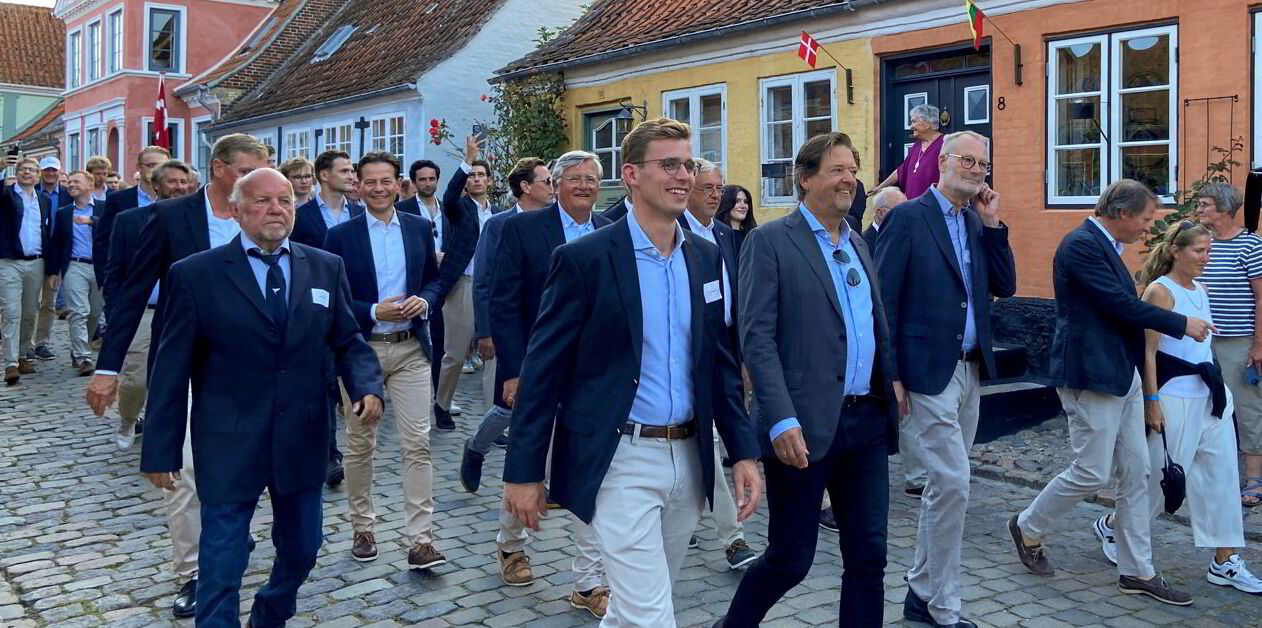
The regatta started over 40 years ago as a sailing race between Peter Gast Shipping and a few other shipbrokers. It quickly grew as an event bringing shipping people together.
“I think Peter Gast was a perfect connector,” Alexander recalled. “He passed away, unfortunately, a few years ago and people still remember him, not only because of Peter Gast Shipping, but also because of Peter Gast Regatta.
“It’s also about people. He was popular. He was good at networking, and connecting the dots, not only in Germany and Europe but also in Asia, especially China.
“He was always such a friendly, open-minded person. This is something that I still really remember of Peter Gast.”
This human connection is particularly important in shipping, Alexander continued, with trust critical in the business today, despite the rapid rise of technology in different areas.
“At sea, when you’re on a ship and you have 20 or 25 people there, if you don’t have the trust of your crew you will not succeed. You will not have smooth sailing.
“So, I think, even more than other industries, trust is really important in shipping,” he said.
While traditional values are important, it does not mean Peter Gast Shipping is not evolving and modernising, Alexander said.
“Peter Gast is working, nowadays you would say, really because you don’t have a top-down hierarchy,” he said. Instead of one senior person having solutions, solutions to problems are drafted together, he explained.
This is familiar to Alexander, who moved from a traditional top-down hierarchy while working at sea to a modern, project-based set-up with his last job at Hapag-Lloyd.
“When I joined the project management there when I worked with the IT teams — we were more scrum-based systems,” he recalled. “We tried to make the idea not because it comes from superior but instead we take the best idea, and we develop it and iterate,” he said.
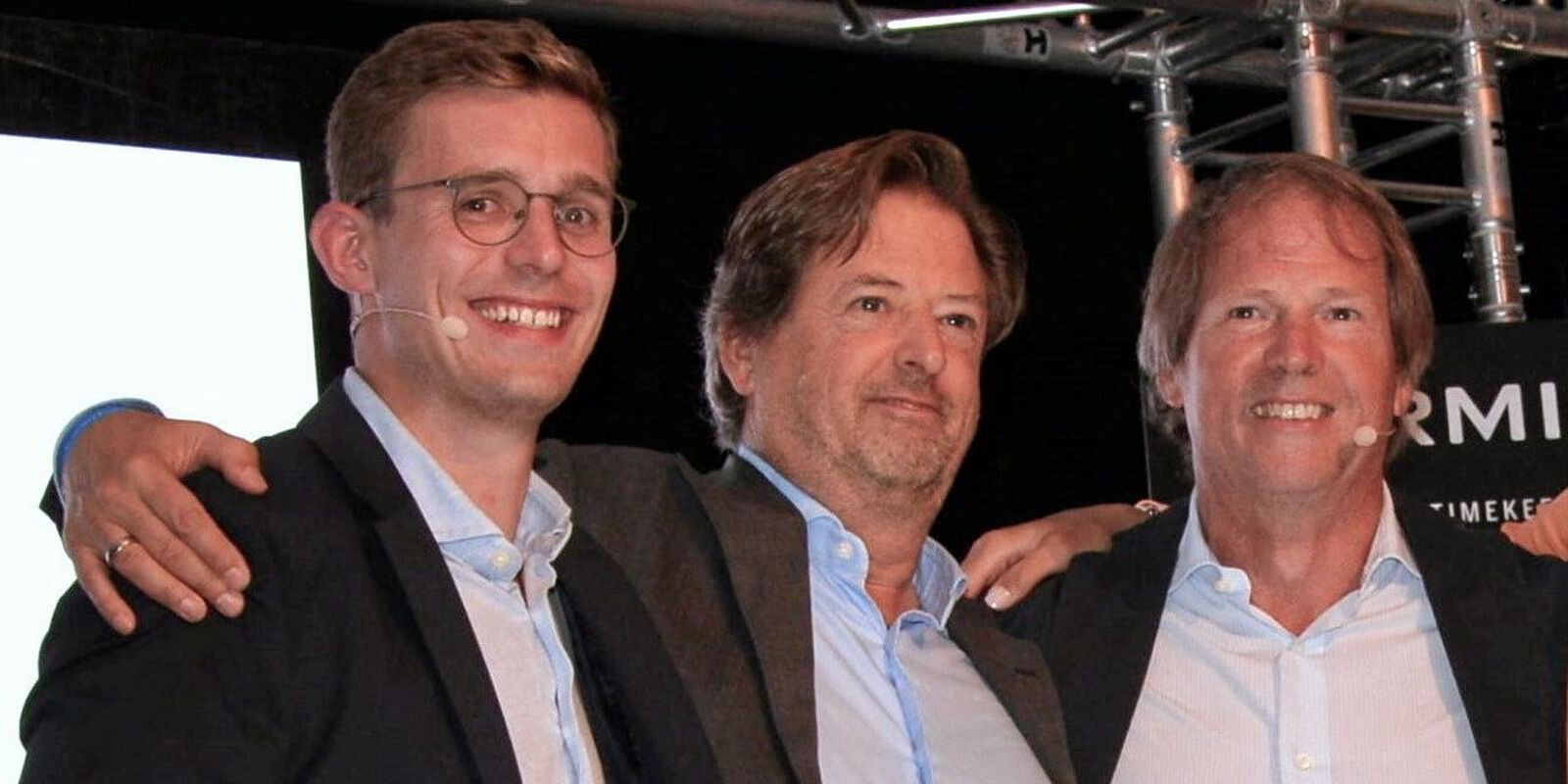
As for the future, Alexander said the development of the company, like his own career, cannot be fully planned.
Despite the rise of technology, he believes brokers will still be needed. “This is how we earn money of course, so what else should I say?” he joked.
“We’re presenting something, we’re doing market research, we’re keeping contact, we are networking, we’re bringing the right people together, and we are supporting and finding the best solution.
“We are also supporting if something goes wrong, to make it better, to ease the situation.”
He added: “Looking at the market development, I would rather expect that we will grow in the next years.
“This is also why, after a few years of suspending it, we are hosting an apprenticeship again.
“We can hire always people externally. But also we want to train our own staff, to have the best people for the job.”
